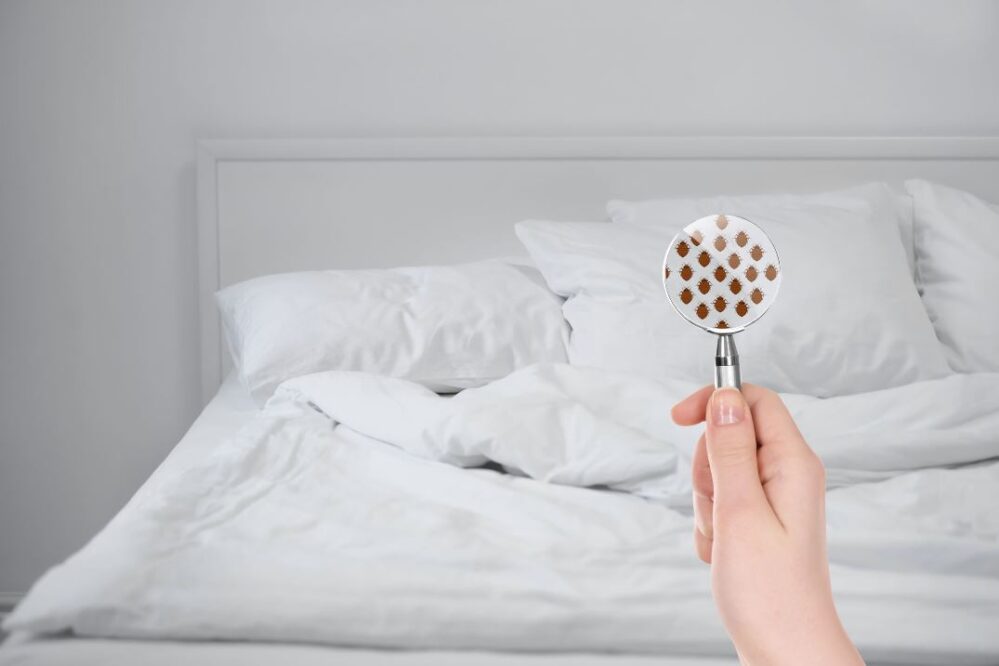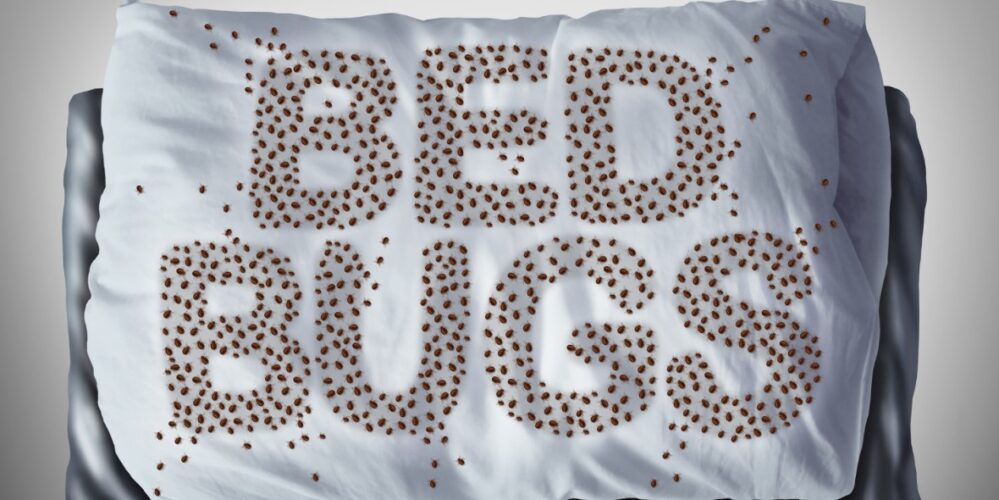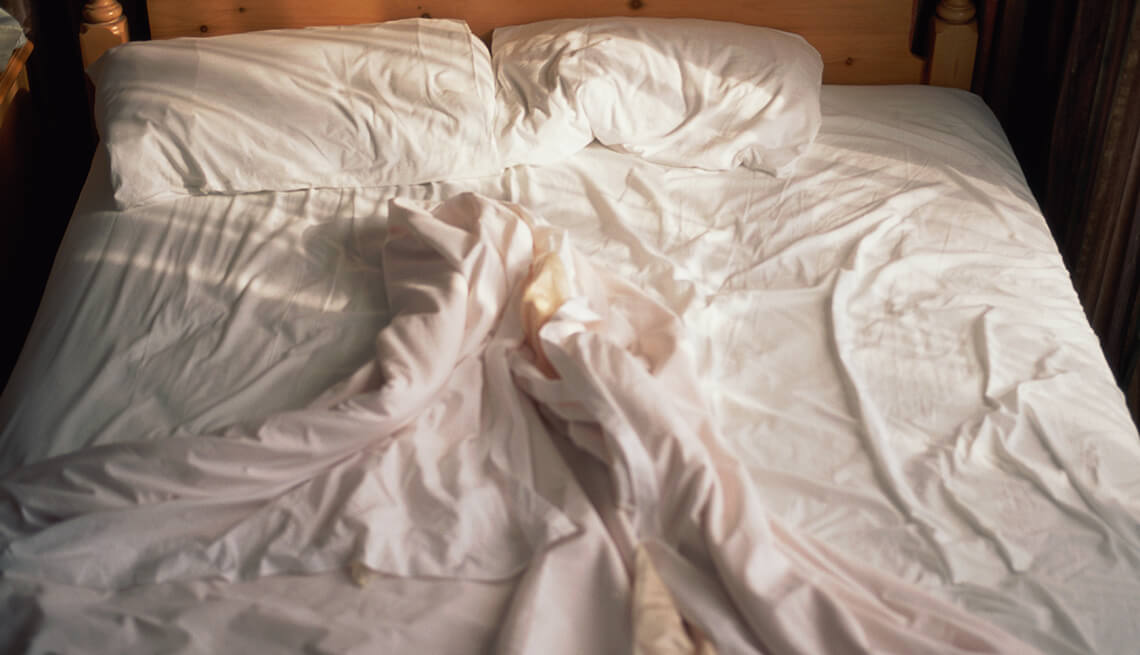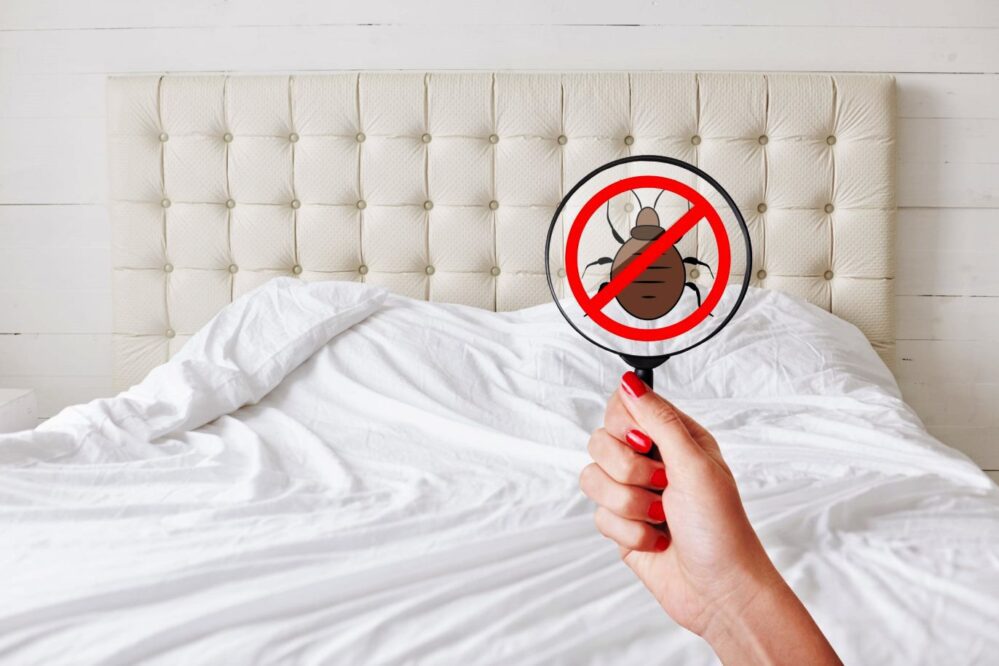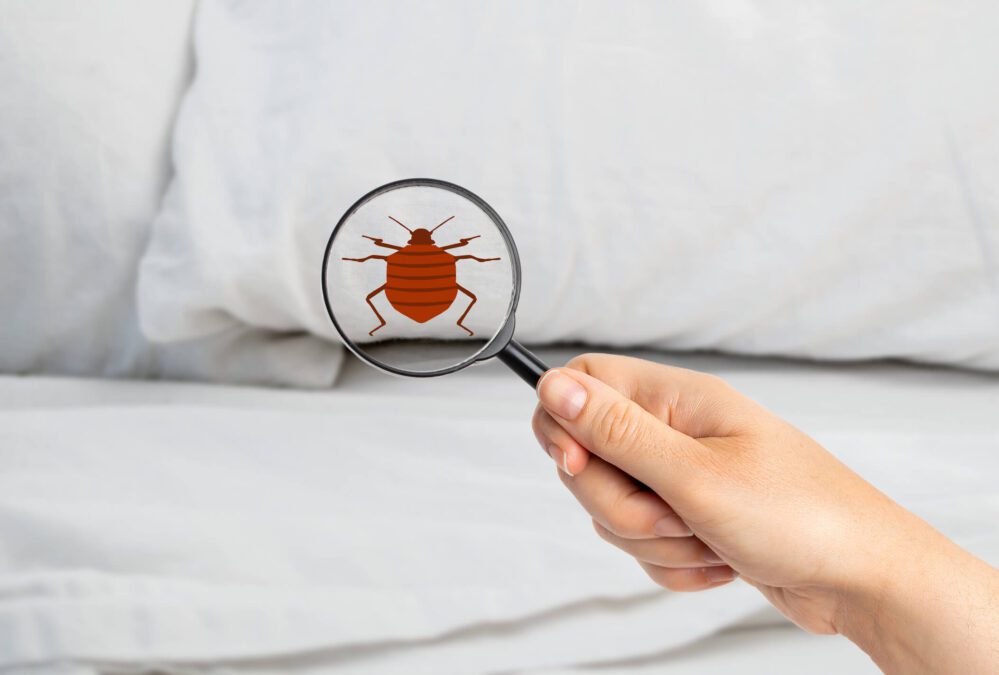
The hospitality industry has been repeatedly slammed hard over the past few years. Starting with 911 and on through the SARS and bird flu alerts and for the past 5 years, bed bugs. Without trying to defend hotel operators, they should be given a break.
Most hotel / motel owners try to provide satisfactory services commensurate with the prices they charge. You aren’t going to find silk sheets and marble bathrooms for 75 bucks a night, but you should expect a clean, comfortable room.
For the sake of argument, let’s just concede that most hotel operators inspect their rooms and treat any infestations they find. So how come there are so many complaints and lawsuits concerning these miniature vampires?
News reports about bed bug attacks never have the victim bitten once or twice, it’s always many bites. Many bites are caused by many bed bugs. Many bed bugs don’t just magically appear in a hotel room, An infestation takes time to develop.
They are hitch hikers, they hide in luggage or belongings and travel from one place to another. Remember, we’re not talking one or two bugs, we’re talking tens or hundreds.
So, If a hotel room has a few bugs, those could have been carried in by the previous guest and it would be almost impossible to prevent that. But, if a hotel has an infestation, many bugs, then that is the fault of the hotel for inadequate inspection and treatment. The only explanation for an infested room would be the hotel was negligent in prevention and treatment.
Now to the gist of the article.
If a hotel has an infestation that means that:
– previous guests either did not notice the bugs or did not feel the bites, which is possible, not all people feel or react to the bites.
– housekeeping did not inspect or did not see any signs of a problem.
– the head of housekeeping, who should periodically inspect the job that their employees are doing, did not inspect or see bugs.
– the laundry facility did not notice any signs, brownish smudges of dried blood, of bugs.
– this hotel does not have a pest control company on it’s payroll, at least one that is doing it’s job properly.
– and this is the big one, if this hotel’s employees, and laundry could not find or did not bother to treat for bed bugs, what else is on the sheets or in the room that will make you sick?
Presently, there is no proof that cimex lectularius can transmit any of the 28 disease pathogens they have been found to carry. I say presently because bed bugs are a recent problem.
Scientists are just starting to understand their biology. Why can’t they transmit diseases, or can they but we just haven’t discovered any proof yet?
But, MSRA and E.Coli are harmful and have been found in many hotel rooms in many studies. So far, viruses and bacteria present more harm to your health than bed bugs, but the bugs get all the press. Why?
Because we can see bed bugs. If you wake up with red spots all over your body and then find a bed bug, case closed. But, if you get diarrhea or the flu while traveling, how can you trace it back to the sheets, towels, or the TV remote in your hotel room.
Bed bugs are not the only parasite to be found in hotel beds. The scabies mite is so tiny, you can’t see it without magnification. Unlike bed bugs, scabies is a major health problem if you contract them.
Unfortunately, this whole bed bug epidemic has monopolized media coverage and hotel budgets. Every time you read about some retail store being infested with bed bugs, it’s probably just not true.
A few bugs were found and the place was treated, simple. But bed bugs are a real problem in the hospitality industry. Hotels are spending millions on pest control for a problem that can be managed more efficiently with education, rigorous inspection and focused treatment.
But, proper inspection means trained personnel, which means higher wages which means lower bottom line. It’s cheaper to hire a company to spray, and litigate on that basis.
Here is another question to answer. How much, of which pesticide, are you exposed to when staying at a hotel which is being, or has been treated for parasites A few months ago a New Jersey pest control company was fined for illegally using poisonous pesticides not approved for indoor use, indoors.
Are hotels legally obliged to notify guests if pesticides are being used on the hotel premises or in the rooms. Has a desk clerk ever told you that the room you’re about to check into has recently been treated with Pyrethroids, which are the go to pesticides of choice for most infestations.
And while we’re asking, what bleaches and detergents are used in laundering the bedding and what chemical cleaners are used in the room and the bathroom.
For the average traveler, exposure to any of the hundreds of chemical pesticides or detergents will be uneventful or cause sniffles, a little rash or itching. Passed off as nothing, the traveler goes on their merry way giving it no second thought.
Maybe it will impact their health later on, maybe it’s cumulative or maybe it will have no adverse effects at all. For people with chemical sensitivities, it’s another story. Ever wondered why you got itchy skin after staying in a motel on a road trip or why, all of a sudden, you have a runny nose.
Some will say you can get hit by a bus in front of your home so why worry about stuff you can’t control. When I cross the street I look both ways. When you’re tucking your kids into a hotel bed, have you looked both ways.
Blind trust or ignorance is not the way to go. I would never think of not traveling, but, just as I take travel insurance, I educate myself and take precautions to ensure a healthy, happy trip.
Don’t be shy to ask the desk clerk about bed bugs or treatments to your room. Check the room and mattress for signs of past or present infestations. Wipe down the surfaces and things you will touch with anti bacterial wipes.
Use or carry with you a sleep sack or travel sheet just in case you need one. There are many articles you can access to educate yourself about how to inspect and protect against parasites, bacteria and viruses.

